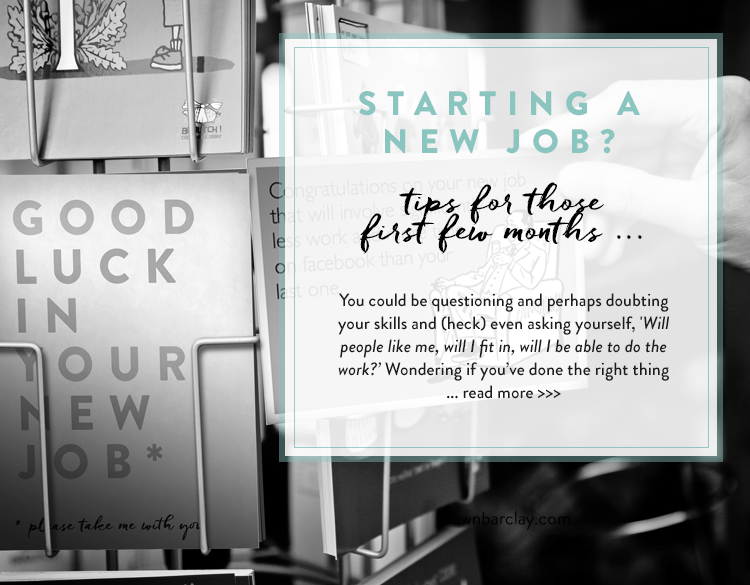Do you talk to yourself?
If you answered ‘yes’, ‘no’ or ‘sometimes’ then let’s assume that you do.
No, in fact, you do. We all do…I don’t mean talking to yourself out loud…the internal, your thoughts…
The stream of never ending chitchat and debate.
The good news is that we all have a voice within in us that can raise our self-esteem and build our self-confidence.
And the bad news is that very same voice is able to destroy us by vicious attacks and belittling…our hope, our strengths, abilities, achievements, goals can all be thwarted by reminding us of all our failures, weaknesses, guilt’s and embarrassments.
For people experiencing low self-esteem and low self-confidence there is no respite, no escape, no understanding or peace, it can go on for days, weeks, months, years and sadly, even lifetimes.
The voice generalises the world around you and undermines you, it distorts and manipulates the true ‘truth’, it has no empathy or compassion.
It fills you with fear and dread, full of ‘might have beens’ and ‘if only you were better, smarter, fitter, more loving’.
Heaven forbid you make any mistakes because it will never let you forget them; it’s your worst enemy yet you spend all your time with it. You are never free from the voice however…
…it can be retrained and programmed to become the best friend you could ever have, hope and wish for.
Buddhist call this voice your chattering monkey, self help books call it your self talk, others call it your critic. The first step in acknowledging the voice is to give it a name that suits you.
Through my work with people this is a huge topic, which gets the attention it deserves. It’s kinda like the lesson we were never given in school but should have been.
So How Can You Train It?
By catching it out. Try the following for 24 hours; build it up to a week, then a month…
As soon as you ‘hear’ any little voice trying to put you in your place, stop your goals, put you down and back where you supposedly belong…say something OUTLOUD like ‘that’s not true’.
Why outloud? Seems a little weird huh? Because by bringing it from internal to external means you have to recognise it. To keep it internal you would eventually stop paying attention to the task. Quickly the negative talk would be happening all over again, in the background.
Try it and see!

